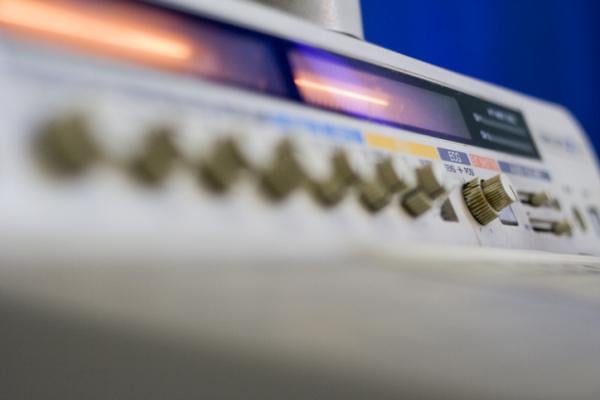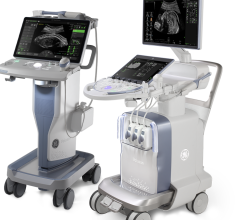
Getty Images
September 8, 2023 — A simple, noninvasive contrast enhanced ultrasound (CEUS) scan is an ideal tool for resolving frequent indeterminate MR and CT scans, according to Dr. Stephanie Wilson, a clinical professor of radiology and gastroenterology at the University of Calgary and Co-President of the International Contrast Ultrasound Society.
“CEUS often overcomes limitations of MR and CT in diagnosing many tumors and detecting their recurrence,” said Dr. Wilson, who spoke today at the International Bubble Conference in Chicago.
CEUS uses ultrasound contrast agents comprised of suspensions of tiny injectable “microbubbles” that do not contain dye, create no known risk of kidney damage or deposit of contrast media in the brain, and do not expose patients or hospital staff to ionizing radiation.
In addition, “CEUS scans are significantly less expensive than MR and CT,” she said.
Because the microbubbles stay inside the blood vessels and never go into the tissue, they provide the most accurate blood flow information as compared to interstitial agents used for CT and MR, Dr. Wilson explained. Blood flow assessment is essential for diagnosis and characterization of tumors and detection of recurrences following treatment, she added.
“In addition, in cystic neoplasms anywhere in the body, including the liver, small deposits of tumor are detected on high resolution CEUS with superior sensitivity when compared to MR, which doesn’t even show the nodule or blood flow,” Dr. Wilson said.
“Further, for liver imaging, CEUS overcomes MR limitations associated with fat and iron,” she added.
CEUS is also used to help diagnose heart and vascular disease, monitor chronic gastro-intestinal diseases, evaluate other serious medical conditions and monitor therapy.
Ultrasound contrast agents are currently available worldwide from Bracco, Lantheus and GE Healthcare.
For more information: www.icus-society.or


 August 09, 2024
August 09, 2024 








